You’ve probably heard about traditional encryption methods like RSA-2048, but what if I told you they’re slowly becoming obsolete? Cyber threats are evolving, and organizations that don’t adapt will be left exposed. rsa800896 isn’t just another encryption algorithm—it’s a revolutionary shield designed to withstand even the most advanced hacking techniques, including quantum decryption. If you’re serious about protecting sensitive data, staying ahead of cybercriminals, and future-proofing your security, you’re in the right place.
In this guide, we’re diving deep into how rsa800896 works, why it’s the most advanced encryption of our time, and how industries like finance, military, and blockchain are adopting it. But we won’t just scratch the surface—we’ll go beyond, unlocking the power of this next-generation security tool. So, get ready, because by the time you finish reading, you’ll understand why rsa800896 isn’t just an option—it’s the future. Let’s get started! 🚀
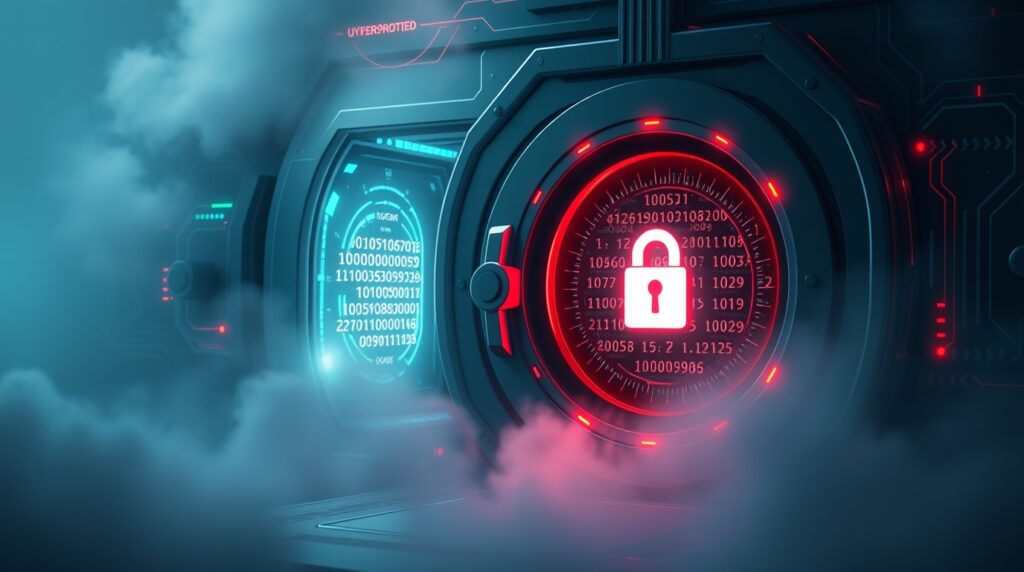 What is rsa800896?
What is rsa800896?
rsa800896 is a next-generation encryption algorithm based on the principles of RSA (Rivest-Shamir-Adleman) cryptography, but enhanced for modern security needs. This algorithm is specifically designed to resist attacks from both classical and quantum computing threats, making it a future-proof solution.
Unlike standard rsa encryption, which relies on key lengths ranging from 2048 to 4096 bits, rsa800896 employs significantly longer key lengths, providing an exponential increase in cryptographic strength. This makes it nearly impossible for even the most advanced supercomputers to crack.
How Does rsa800896 Work? (Step-by-Step Guide)
- Key Generation: rsa800896 generates ultra-secure public and private keys using advanced prime number calculations. These keys are exponentially stronger than those used in traditional encryption methods.
- Encryption: Data is encrypted using the recipient’s public key, ensuring that only the private key holder can decrypt it. The increased complexity of the key structure makes brute-force attacks virtually impossible.
- Decryption: The recipient uses their private key to access the original data securely, providing seamless and highly secure communications.
- Signature Verification: rsa800896 also supports digital signatures, ensuring the authenticity of messages and transactions. This makes it particularly useful for legally binding digital documents and identity verification.
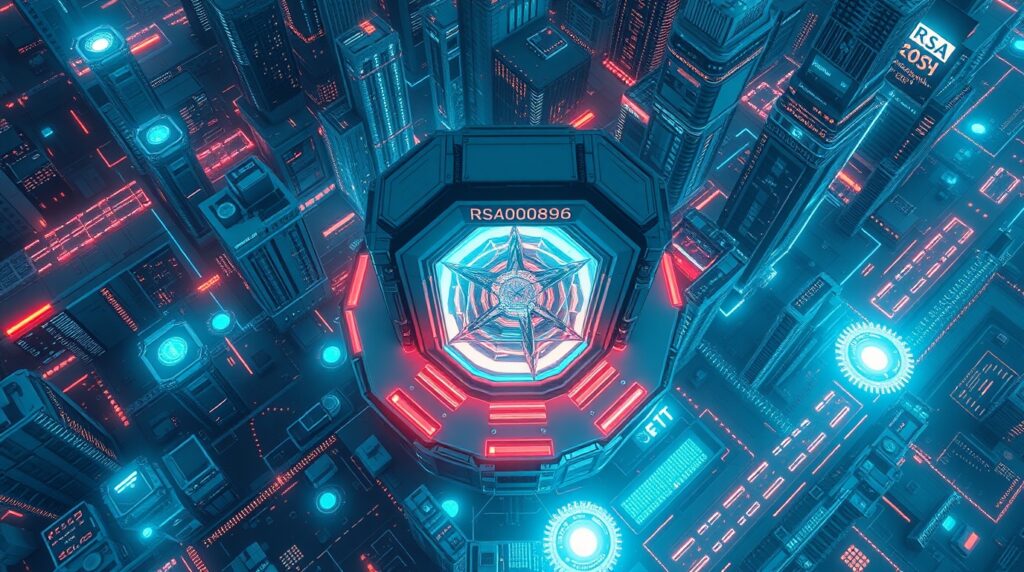 rsa800896 vs. Traditional Encryption: What’s the Difference?
rsa800896 vs. Traditional Encryption: What’s the Difference?
| Feature | RSA-2048 | RSA800896 |
|---|---|---|
| Key Length | 2048-bit | 800896-bit |
| Quantum Security | No | Yes |
| Processing Speed | Moderate | Optimized |
| Use Cases | Standard encryption | High-security, future-proof applications |
| Resistance to Brute-Force Attacks | Moderate | Extreme |
| Adaptability to Emerging Threats | Limited | Advanced |
The key differentiator of RSA800896 is its ability to resist attacks from quantum computers. Unlike traditional encryption, which relies on factorization of large prime numbers, rsa800896 is designed with a more complex mathematical structure, ensuring it remains secure even against the most powerful computational advancements.
Key Applications & Industries Using rsa800896
1. Banking & Financial Security
rsa800896 ensures ultra-secure financial transactions, protecting user data from cybercriminals and fraud. Financial institutions must safeguard billions of transactions daily, and rsa800896 significantly enhances the security of digital payments, mobile banking, and blockchain-based assets.
2. Government & Military Use Cases
Used in classified communications, rsa800896 enhances national security and data integrity. Government agencies rely on encrypted communications to prevent espionage and cyberattacks. The implementation of rsa800896 in military operations ensures that confidential strategies and intelligence remain protected.
3. Secure Messaging & IoT Devices
With the rise of IoT, secure encryption is critical. rsa800896 provides strong encryption for smart devices, preventing data breaches. As IoT continues to expand into home automation, healthcare, and industrial sectors, implementing rsa800896 ensures that sensitive user and operational data remain safe from cyber threats.
4. Healthcare Data Protection
Medical records contain highly sensitive information that must be protected against unauthorized access. rsa800896 encryption is particularly useful for securing electronic health records (EHRs), ensuring patient confidentiality, and complying with regulations such as HIPAA.
5. Cloud Computing & Secure Data Storage
As businesses shift towards cloud-based services, rsa800896 provides an additional layer of security for stored data. Cloud providers can integrate rsa800896 to prevent unauthorized access and data breaches, making it a crucial component in enterprise security strategies.
The Rise of Post-Quantum Cryptography and rsa800896’s Role
As the threat of quantum computing grows, cybersecurity experts are racing to develop encryption methods that can withstand these next-generation attacks. Traditional RSA encryption relies on the difficulty of factoring large prime numbers, but quantum computers can break this system in minutes using Shor’s Algorithm.
rsa800896 is a groundbreaking solution, specifically designed to resist quantum attacks. By utilizing ultra-long key lengths and advanced cryptographic structures, rsa800896 ensures that even the most powerful quantum computers cannot decrypt sensitive information. This makes it a critical tool in the fight against future cyber threats.
Blockchain Security: Why rsa800896 is the Future of Web3
Blockchain technology has revolutionized industries from finance to supply chain management. However, its reliance on Elliptic Curve Digital Signature Algorithm (ECDSA) makes it vulnerable to quantum decryption. This means that once quantum computers become widely available, cryptocurrencies and smart contracts could be at risk.
RSA800896 enhances blockchain security by introducing quantum-resistant signatures. This ensures that digital assets, from Bitcoin transactions to NFTs, remain safe from future cryptographic attacks. Additionally, decentralized identity (DID) solutions can leverage rsa800896 to protect user authentication and prevent identity fraud in the Web3 ecosystem.
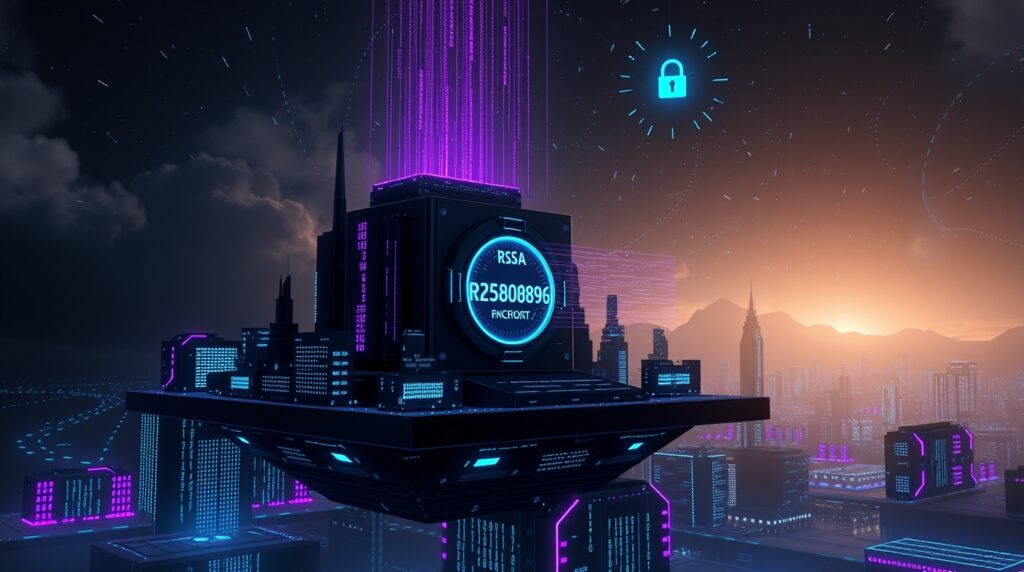 Cybersecurity Warfare: rsa800896 vs. Nation-State Attacks
Cybersecurity Warfare: rsa800896 vs. Nation-State Attacks
Cyber warfare is no longer science fiction—it’s a reality. Nation-state actors use sophisticated cyberattacks to disrupt economies, steal confidential data, and compromise national security. Traditional encryption methods are increasingly vulnerable to AI-driven cyber threats, making advanced cryptographic solutions a necessity.
rsa800896 provides military-grade encryption, ensuring that classified government communications remain impenetrable. By integrating rsa800896 into national defense systems, governments can protect their infrastructure from cyber espionage, ransomware attacks, and AI-powered hacking attempts.
The Role of AI in Enhancing rsa800896
Artificial Intelligence (AI) is transforming cybersecurity, both as a threat and a defense mechanism. Hackers are using AI to develop self-learning malware capable of bypassing traditional security systems. To counter this, encryption must also evolve.
AI can be used to optimize rsa800896 by predicting potential vulnerabilities and strengthening encryption keys in real time. Automated key renewal systems powered by machine learning can identify compromised keys and replace them instantly. Additionally, AI-driven cryptographic analysis ensures that rsa800896 remains a step ahead of emerging cyber threats.
The Business Case for rsa800896: Why Enterprises Must Adopt It Now
Data breaches cost businesses billions of dollars annually. The average cost of a data breach in 2024 is estimated to be over $4.45 million per incident. With cybersecurity regulations becoming stricter, companies that fail to secure their data could face heavy fines and reputational damage.
rsa800896 offers a future-proof solution for enterprises looking to enhance their data protection strategies. By adopting this next-generation encryption, businesses can prevent financial losses, build customer trust, and ensure compliance with global cybersecurity regulations. The time to invest in quantum-resistant encryption is now.
How rsa800896 is Revolutionizing Cloud Security & Data Privacy
Cloud computing has become the backbone of modern businesses, but it also introduces major security risks. Over 80% of organizations have experienced cloud-based cyberattacks, and traditional encryption methods are struggling to keep up. Cybercriminals target cloud storage, intercepting sensitive data during transmission or exploiting vulnerabilities in weak encryption protocols.
rsa800896 is transforming cloud security by:
- Encrypting data at rest and in transit with quantum-resistant cryptography, making breaches nearly impossible.
- Providing secure multi-cloud authentication, allowing businesses to operate across AWS, Google Cloud, and Azure without security gaps.
- Ensuring compliance with global data privacy laws like GDPR and CCPA by offering advanced encryption that exceeds regulatory standards.
As cloud adoption accelerates, rsa800896 is positioned as the ultimate solution for securing enterprise data against evolving cyber threats. Companies that implement this encryption will gain a competitive advantage by ensuring data integrity, customer trust, and regulatory compliance.
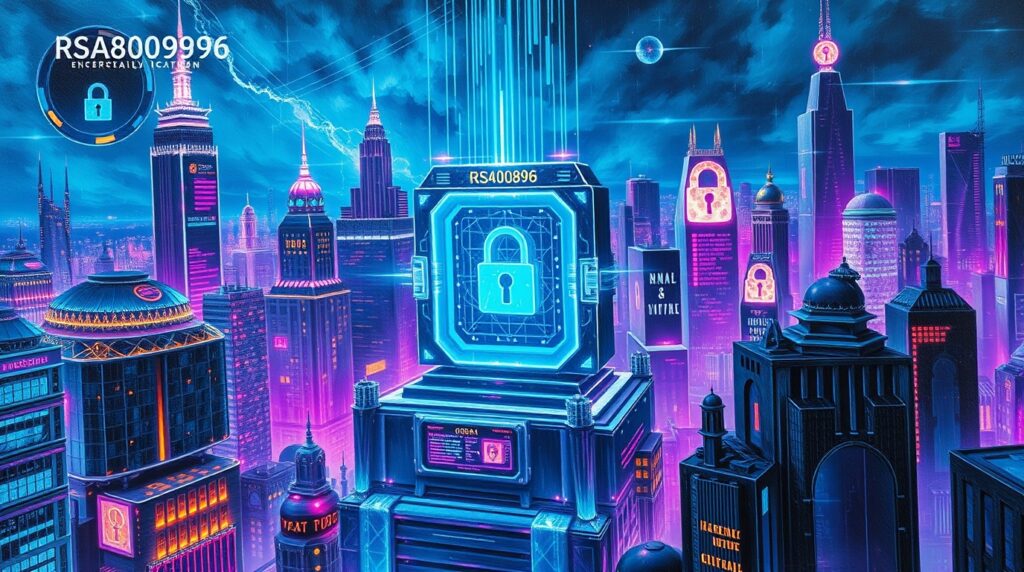 Why Tech Giants and Governments are Racing to Implement rsa800896
Why Tech Giants and Governments are Racing to Implement rsa800896
The urgency to adopt next-generation encryption is being driven by global cybersecurity policies and big tech investments. Governments and major corporations recognize that existing encryption standards won’t withstand quantum decryption, and they’re moving swiftly to integrate rsa800896 into their security frameworks.
Big Tech’s Adoption of rsa800896
- Google and Microsoft are testing post-quantum encryption algorithms to secure user data in the cloud and on personal devices.
- Apple is exploring next-gen cryptographic protocols to future-proof iMessage, FaceTime, and iCloud security.
- Tesla and IoT manufacturers are leveraging rsa800896 to prevent cyberattacks on smart devices, self-driving cars, and AI-powered infrastructure.
Government & Military Use Cases
- The U.S. National Security Agency (NSA) and Pentagon are investing in quantum-resistant encryption to safeguard classified intelligence and national defense systems.
- The European Union’s cybersecurity directive (NIS2) is pushing companies to adopt stronger encryption methods like rsa800896 to protect critical digital infrastructure.
- China’s Quantum Initiative is rapidly advancing quantum decryption capabilities, accelerating the global race for rsa800896 deployment.
The organizations that fail to adapt to rsa800896 risk falling behind in the new cybersecurity era. As quantum computing advances, this encryption will not be optional—it will be a necessity for protecting digital assets and maintaining national security.
 The Future of rsa800896 – Is It the Ultimate Encryption Solution?
The Future of rsa800896 – Is It the Ultimate Encryption Solution?
Challenges & Potential Weaknesses
While rsa800896 provides unmatched security, it is not without its challenges:
- High computational power required for encryption and decryption processes, making it less efficient for low-powered devices.
- Implementation complexity, requiring specialized knowledge and resources to integrate into existing security infrastructures.
- Potential security risks if improperly configured, emphasizing the need for proper key management and best practices.
Expert Predictions for 2030
- Increased adoption in high-security sectors, including financial services, government, and healthcare.
- Integration with AI-powered security frameworks, leveraging artificial intelligence to further strengthen cryptographic defenses.
- Mainstream adoption in consumer technologies, as computing power advances and rsa800896 becomes more accessible.
- Potential enhancements and hybrid approaches, combining rsa800896 with post-quantum cryptographic methods for even greater resilience.
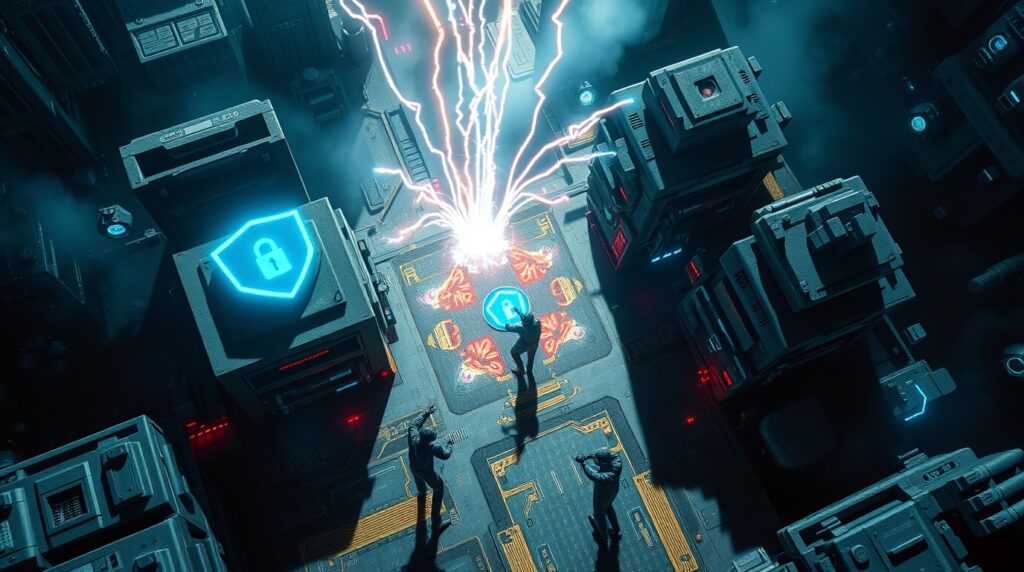 FAQs About RSA800896
FAQs About RSA800896
Q1: Is rsa800896 better than traditional RSA encryption?
Yes, it provides higher security and resistance to quantum threats. Its ultra-long key length makes brute-force attacks infeasible.
Q2: Can rsa800896 be used for daily encryption needs?
Currently, it is optimized for high-security environments but may become mainstream in the future as computing power increases.
Q3: How does rsa800896 compare to post-quantum cryptography?
While rsa800896 is highly secure, researchers are also exploring post-quantum cryptographic methods, which may complement or enhance its capabilities in the future.
Conclusion
rsa800896 is shaping the future of encryption, providing enhanced security for industries requiring top-tier data protection. As cyber threats evolve, so must our encryption methods—making RSA800896 a key player in the digital security landscape. Businesses, governments, and individuals seeking the highest level of data protection should consider adopting RSA800896 as part of their cybersecurity strategy.




1 Comment
Pingback: 4i92ghy.4ts: Safe to Eat or a Hidden Health Danger? - Gleefify